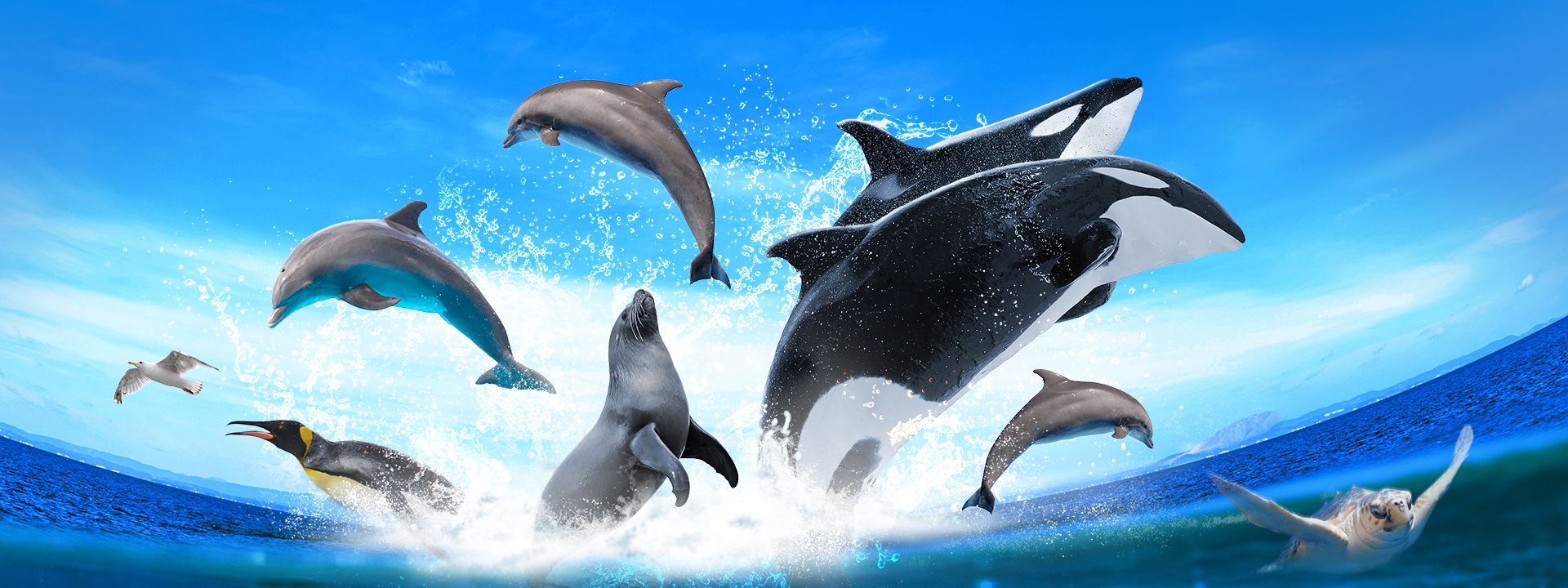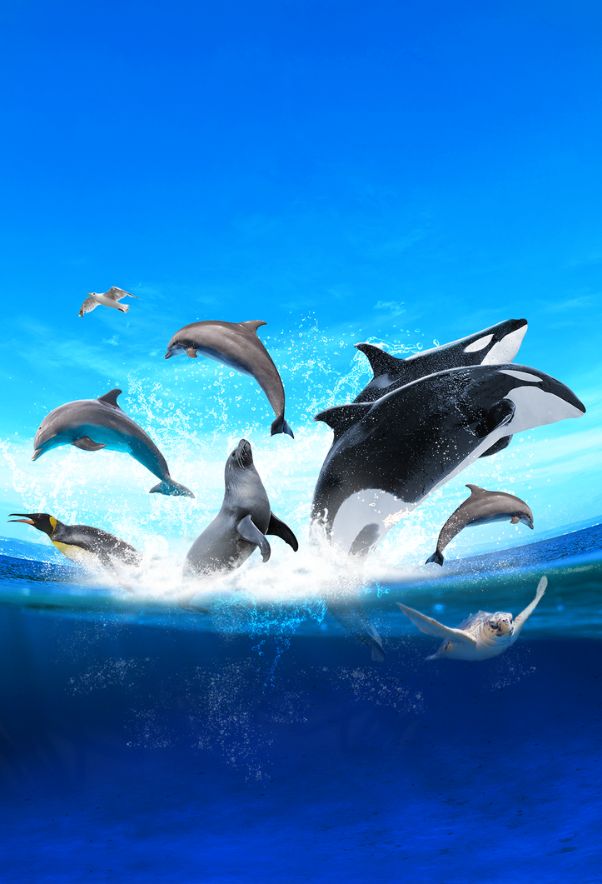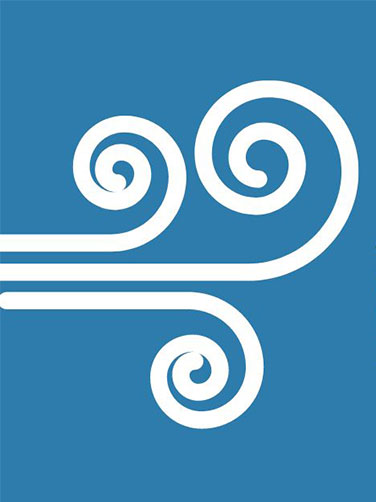

Marineland
Europe's largest marine zoo
Marineland has been closed since January 5th, 2025.
Select your Check-in Date
Select your Check-out Date
Okey
When will you come?
room
2 adults, 1 Kid
room
1
Adults,
Kids
Adults
+18 age
0
Kids
Up to 17 years
0
+ Add room
discount
Entered promotional code is correct
Error:
The code you entered is not correct or it doesn’t exist
+ Add room
The park is closed today

